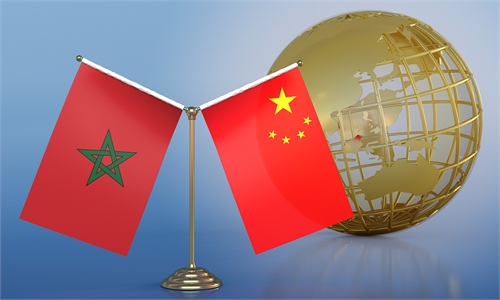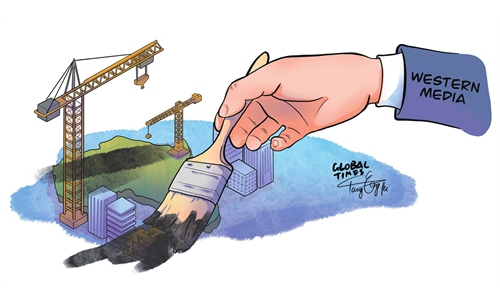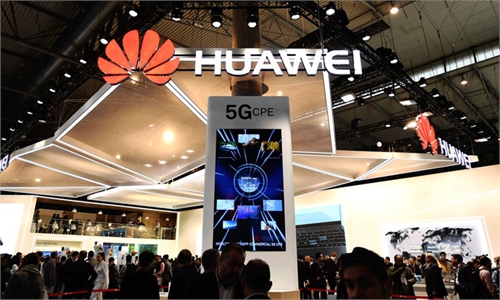China, Morocco's joint BRI implementation plan injects new energy into Global South cooperation framework
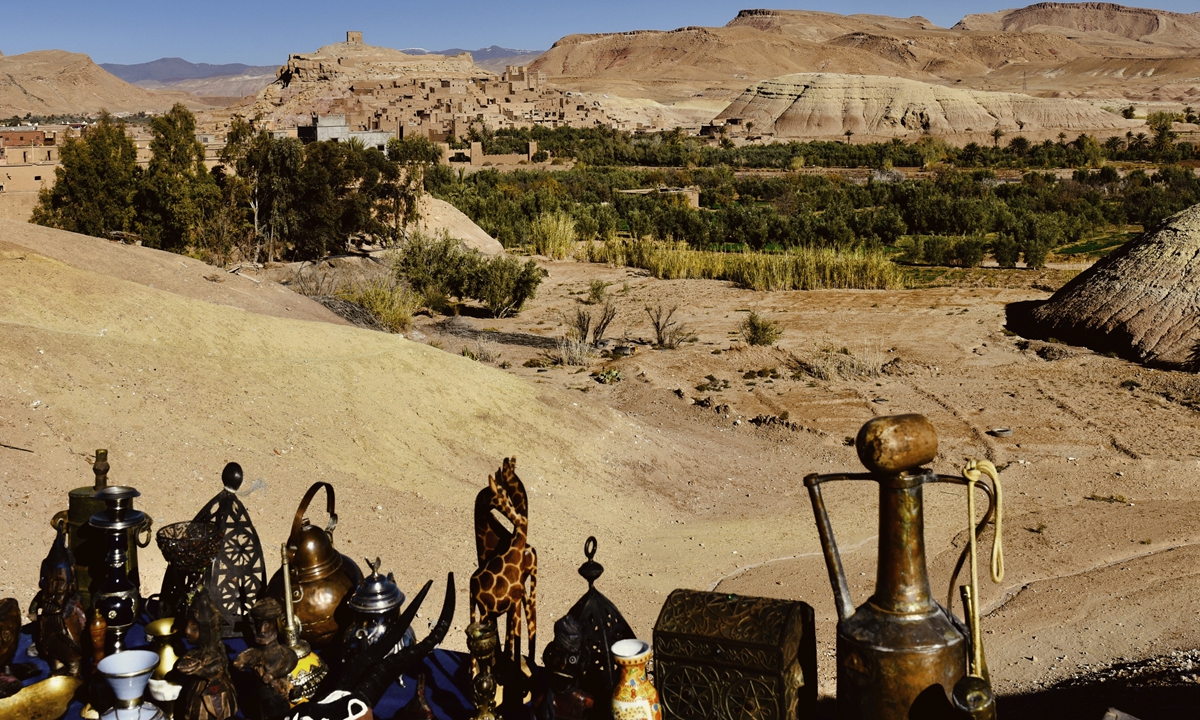
Ouarzazate, a popular tourist destination in Morocco Photo: cnsphoto
At the beginning of January, Morocco signed an accord with China facilitating the joint implementation of the Belt and Road Initiative (BRI), making it the first North African country to do so. More nations in Africa are closely examining the new BRI implementation plan, with a view to developing similar plans of their own. Morocco's geopolitical position, combined with China's rising global influence and economic success is injecting new energy into the Global South cooperation framework.
The implementation plan between Morocco and China also sends a clear signal in the face of mounting geopolitical factors, that China sees Africa as a strategic partner and key economic hub, and will compete following international laws for fair access and free trade, built on a win-win strategy.
The BRI implementation plan is very different from China's traditional involvement in Africa, and centers on integrating existing infrastructure, rather than launching new projects, in addition to forming partnerships between economic players in both countries to develop business opportunities, and use the strengths of both nations efficiently to generate a tangible economic impact.
The plan will forge a new dynamic between the two nations and across the region. We will see a new model of strategic partnership between Morocco and China aimed at leveraging Morocco's geographical location to make the kingdom a trading hub to tap into African sub-Saharan opportunities, and northern Europe for Chinese companies.
Morocco has invested heavily in economic and manufacturing infrastructure over the last decade, transforming itself into a hub linking Africa and Europe. With a 20 minutes shipping link from Spain, and having access to land, sea and aerial links to the African continent provides Morocco to hold a unique geographical advantage.
Morocco is already present economically in more than 14 sub-Saharan countries, leading some to call Morocco the "gateway to Africa," with 40 port links from Tanger Med port - the largest port in the Mediterranean.
Morocco is a member of the African Continental Free Trade Agreement, which means that sourcing and combining African products and then applying combined manufacturing parts from across Africa is now viable. Morocco also has FTAs with Egypt, Jordan, Tunisia, Turkey, and the United Arab Emirates, in addition to holding advanced trade status with the European Union. Chinese manufacturers are well positioned to take advantage of these trade relationships.
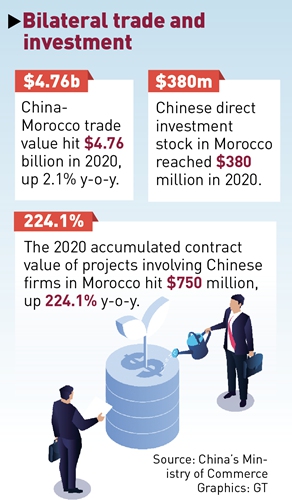
We have seen a steady growth of a Chinese business presence in Morocco since 2016, when a state visit by His Majesty the King Mohammed VI to Beijing led to the elevation of the bilateral relationship to become a strategic partnership.
Not only flagship companies like Huawei and ZTE have now a permanent and active role in developing Morocco's communication and transport infrastructure, manufacturers in the mobile phone industry like OPPO and Vivo have also established themselves as key players in the local market. In the auto industry, a growing number of Chinese companies are investing in Morocco, given its proximity to French automakers' supply chain, including China's Nanjing Xiezhong Group, and CITIC Dicastal that have invested in two plants to support their French clients' auto component needs.
Finally, there is The Tangier Tech City, where the Moroccan BMCE Bank signed an agreement in 2019 with other two main Chinese developers, the state-owned China Communications Construction Co and China Road and Bridge Cooperation to jointly develop the city to a smart hub between Africa and Europe.
This project, which has a funding envelope of $10 billion, has been designed to host 200 Chinese firms from across a range of industries.
However, with an average of $5 billion in annual trade between the two countries, there is still significant room to build stronger economic ties.
Sectors including aviation, the auto sector, tourism, financial services, and renewable energy still hold significant untapped potential. Morocco boasts state-of-the-art infrastructure, a qualified workforce, and broad market access. China on the other hand has manufacturing capacity, a mature logistics sector, a strong supply chain, and the most advanced digital economy in the world. If Chinese and Moroccan companies can find a synergy to efficiently use each other's advantages, they can create new trading opportunities.
The article was complied based on an interview with Toumert AI, the honorific secretary general of China Morocco Friendship Association
